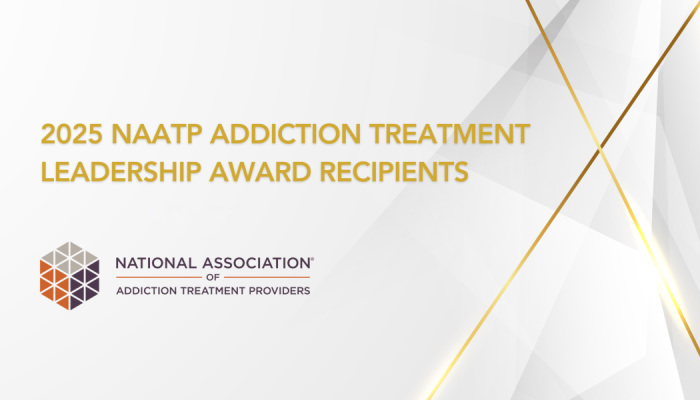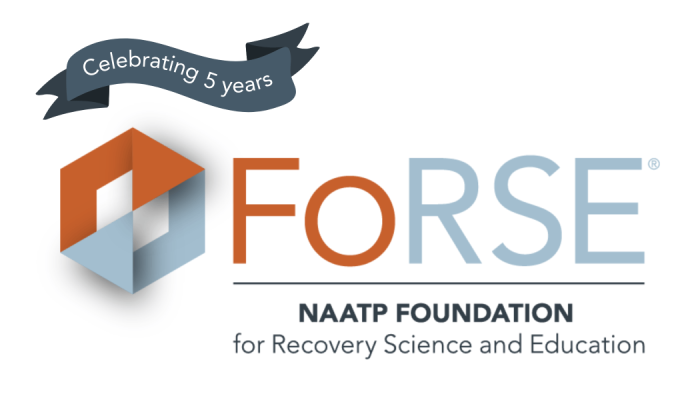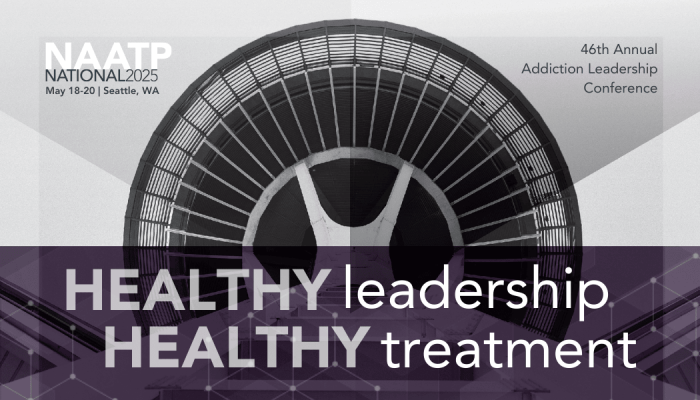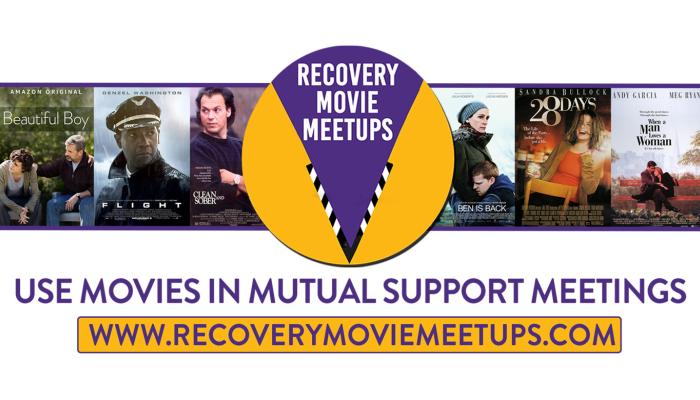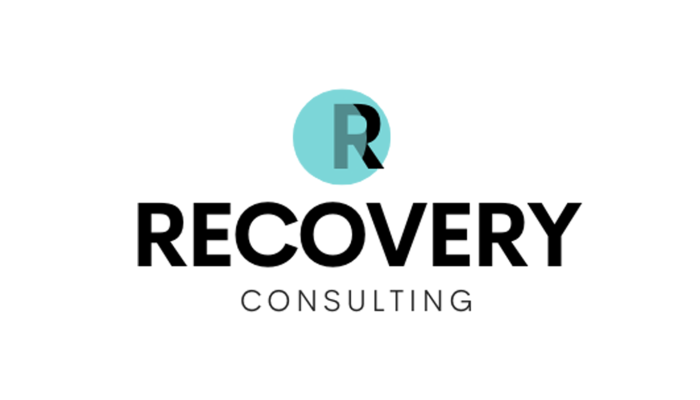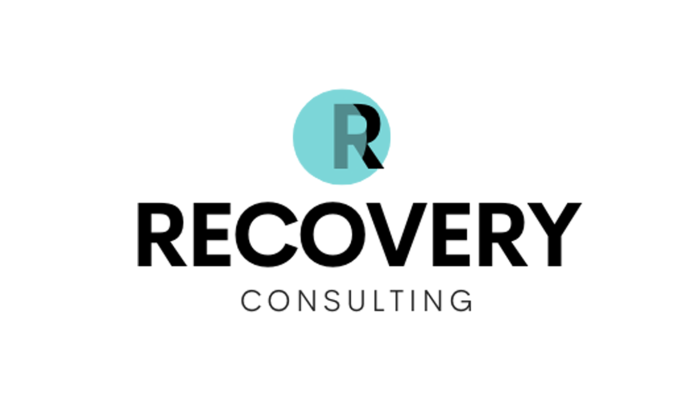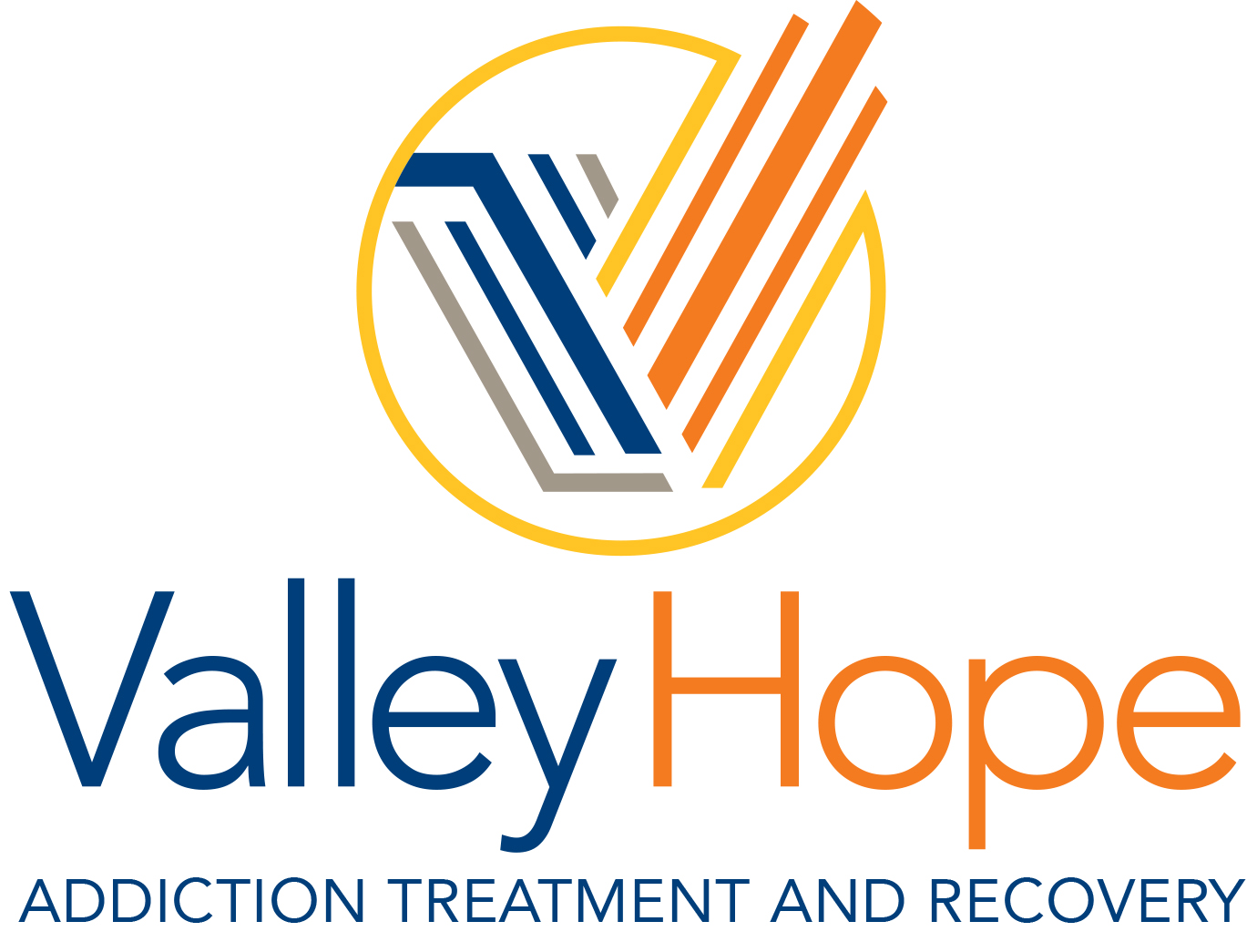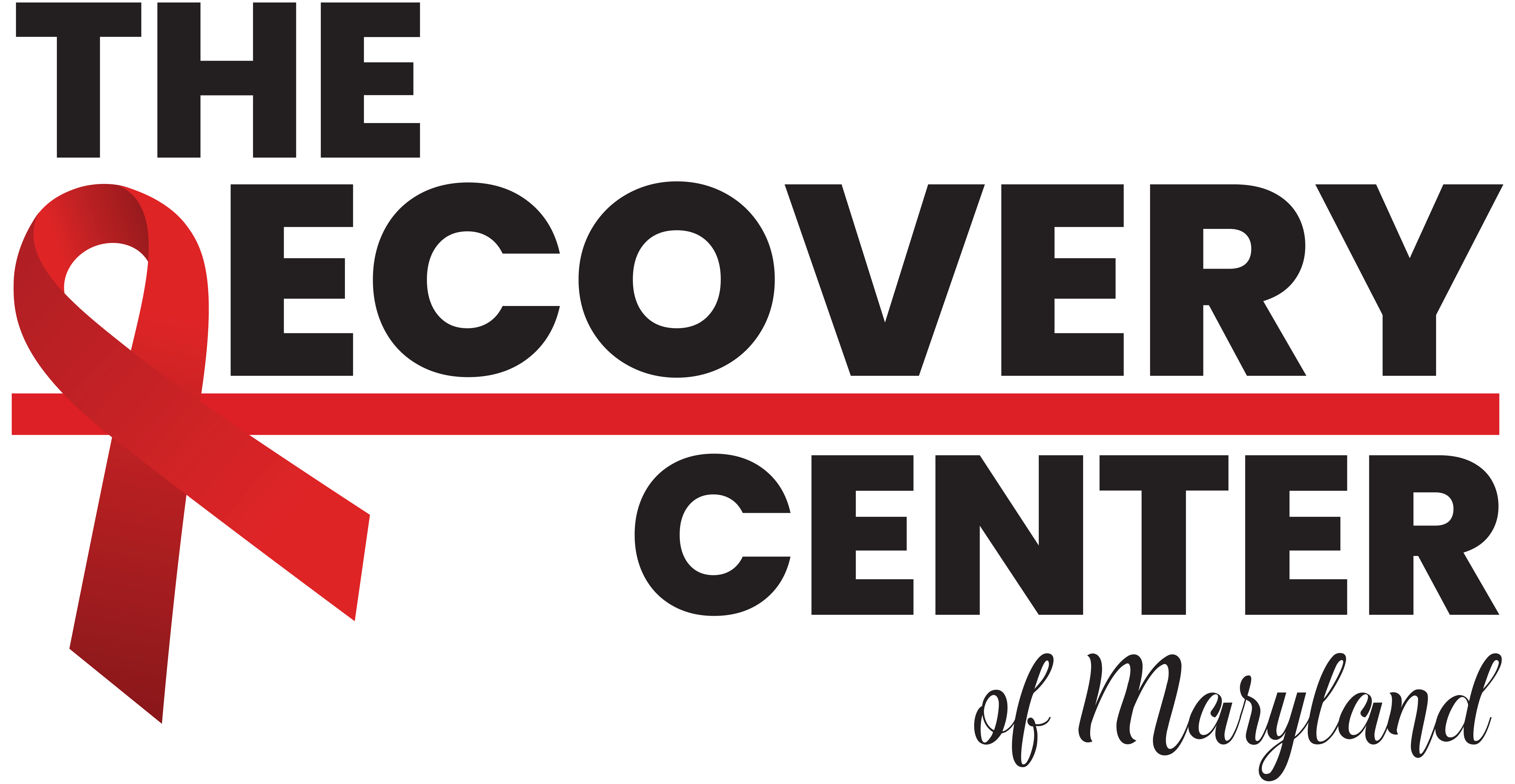In the past months, treatment providers have needed to make rapid changes to the way they care for their clients, the way they do business, and the way they support their staff. As mentioned in Marvin Ventrell’s message to members, addiction is a disease of isolation and in the midst of a national quarantine, the need for community, communication, and resource-sharing is paramount.
Collecting data and feedback from clients is essential in individualizing care, process improvement within a treatment facility, and in building the scientific knowledge base on addiction and recovery. Without measurement, we don’t know whether our treatment interventions are effective. We don’t know if our clients have good working alliances with their care providers, whether they are making progress toward their treatment goals, and what is most helpful to them in achieving long-term recovery. Since the onset of the COVID-19 crisis in the US, nearly all outpatient addiction treatment programs are providing services through telehealth. The research on telehealth services for addiction treatment is limited. Collecting meaningful data about our clients’ needs and welfare is now even more critical.
To support our provider members, NAATP has assembled the following resources for measurement and data collection. NAATP does not endorse individual measures, products, or systems. These resources are provided for members to explore what is available and make informed choices within their own practices. These resources are applicable to both residential and outpatient programs, whether face-to-face or virtual service delivery. Initiating or enhancing measurement and data collection efforts will not only support clients and programs during COVID-19, but will continue to add value and quality as we move through this crisis.
OMNI Institute COVID-19 Impact on Addiction Treatment
OMNI Institute, a nonprofit research organization with whom NAATP has partnered on a variety of projects, administered a brief online survey to assess the impact of COVID-19 on patients in treatment for Substance Use Disorders. The survey assessed demographics, the perceived helpfulness of telehealth services, the impact on medication access, and the impact on personal recovery. Over 500 patients at 14 different treatment facilities participated in the study. Results suggested that telehealth services were viewed as helpful in connecting with support systems and peer support, but these benefits differed according to patients’ living situation.
Measurement-Based Practice
SUD Screening & Assessment
- TAAD-5 and CAAPE-5
Feedback Informed Treatment
- SRS and ORS
Avea Solutions State of Addiction Report
Avea Solutions is in the process of compiling results for their 2020 State of Addiction Treatment report, and as a preview has shared the infographic "What Addiction Treatment Centers Have to Say about COVID-19." Click here to download the infographic.




